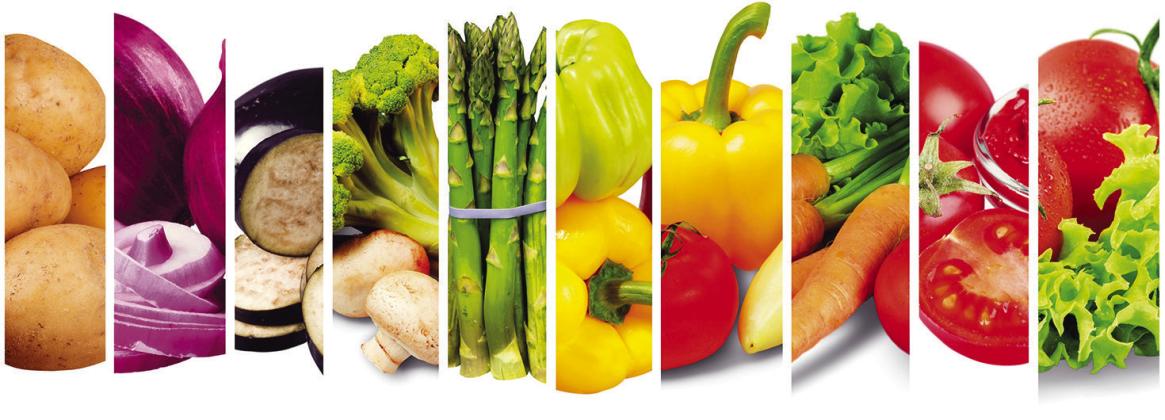WHEN IT COMES TO STROKE RISK AND PREVENTION, there’s both good news and bad news. The good news is, there has been a steady decline in the incidence and mortality rate of stroke over the past 25 years. The bad news is, despite amazing medical advances and research, stroke continues to be a prevalent health concern. As a matter of fact, stroke is the fifth highest cause of death in the US and a major cause of disability. According to a recent survey, approximately 7.8 million Americans have experienced a stroke during their lifetime.
With May being designated Stroke Awareness Month, now is an opportune time to learn more about stroke and how you can avoid becoming another stroke statistic.
What defines stroke, and what causes it? A stroke is a blockage or rupture of a blood vessel in the brain. It can occur at any time of life, but the likelihood increases with age. Genetics and lifestyle play a role. The most significant modifiable risk is high blood pressure. Other risk factors include elevated LDL cholesterol (the bad cholesterol), type 2 diabetes, and smoking. Conditions such as atrial fibrillation, abnormal heart structure, and blood-clotting disorders can increase stroke risk as well.
As I just mentioned, maintaining a healthy blood pressure is also vital for preventing stroke. High blood pressure, also known as hypertension, increases the force of the blood pushing against the artery walls, which can contribute to a rupture. It also increases the risk for a blood clot when this happens in the small blood vessels in the brain.
To avoid the development of high blood pressure, limit sodium intake at all stages of your life, avoid excess weight gain, and engage in regular physical activity.
For some, that part about limiting sodium may seem especially daunting. But remember, eating habits are formed early in life—we most likely learned to salt our foods from watching our parents—and we can gradually “unlearn” the habit and taste of salt. Phasing out salt usually takes about six weeks.
The current recommendation is to limit sodium to under 2300 mg per day. The main source of sodium in our diet is salt, so it’s best to keep the salt shaker in the cupboard and avoid adding salt to your food at the table or in your cooking. Choose completely fresh/minimally processed foods, cook more meals at home as restaurant food is typically high in sodium, flavor your foods with herbs and spice blends instead of adding salt, read labels to find low-sodium foods, and compare products to choose those lower in sodium. Also, opt for fresh fruits, vegetables, and whole grains, and have your lipids checked routinely to monitor LDL cholesterol levels.
Furthermore, high blood sugar levels usually indicate type 2 diabetes and can be damaging to the blood vessels, so keeping your blood sugar under good control will help prevent and decrease the risk of atherosclerosis and, therefore, stroke.
The last modifiable stroke risk factor is smoking. Cigarette smoking, including vaping e-cigarettes, is responsible for up to 18% of strokes. The more you smoke, the higher the risk of stroke, so if you smoke or vape, cut back to at least half and get help quitting completely.
With respect to stroke prevention, healthy diet and lifestyle choices, along with medications when appropriate, are the most important ways to reduce risk.
If you’re interested in learning more about ways to reduce stroke risk, the American Stroke Association’s website (www.stroke.org) and the are excellent resources.
I’d also like to emphasize that although May is Stroke Awareness Month, stroke prevention should be a year-round effort. That includes getting regular health checkups and having your blood pressure, lipids, and blood sugar levels tested yearly or even more frequently if there is a problem.
Stroke is a serious medical emergency and should be treated as soon as possible. If you or someone around you is affected by a stroke, call 911 immediately.
And, as always, “enjoy the taste of eating right” without salt!
Laurie Syring, RDN/LD, is Clinical Nutrition Manager at ProMedica Flower Hospital. ✲


